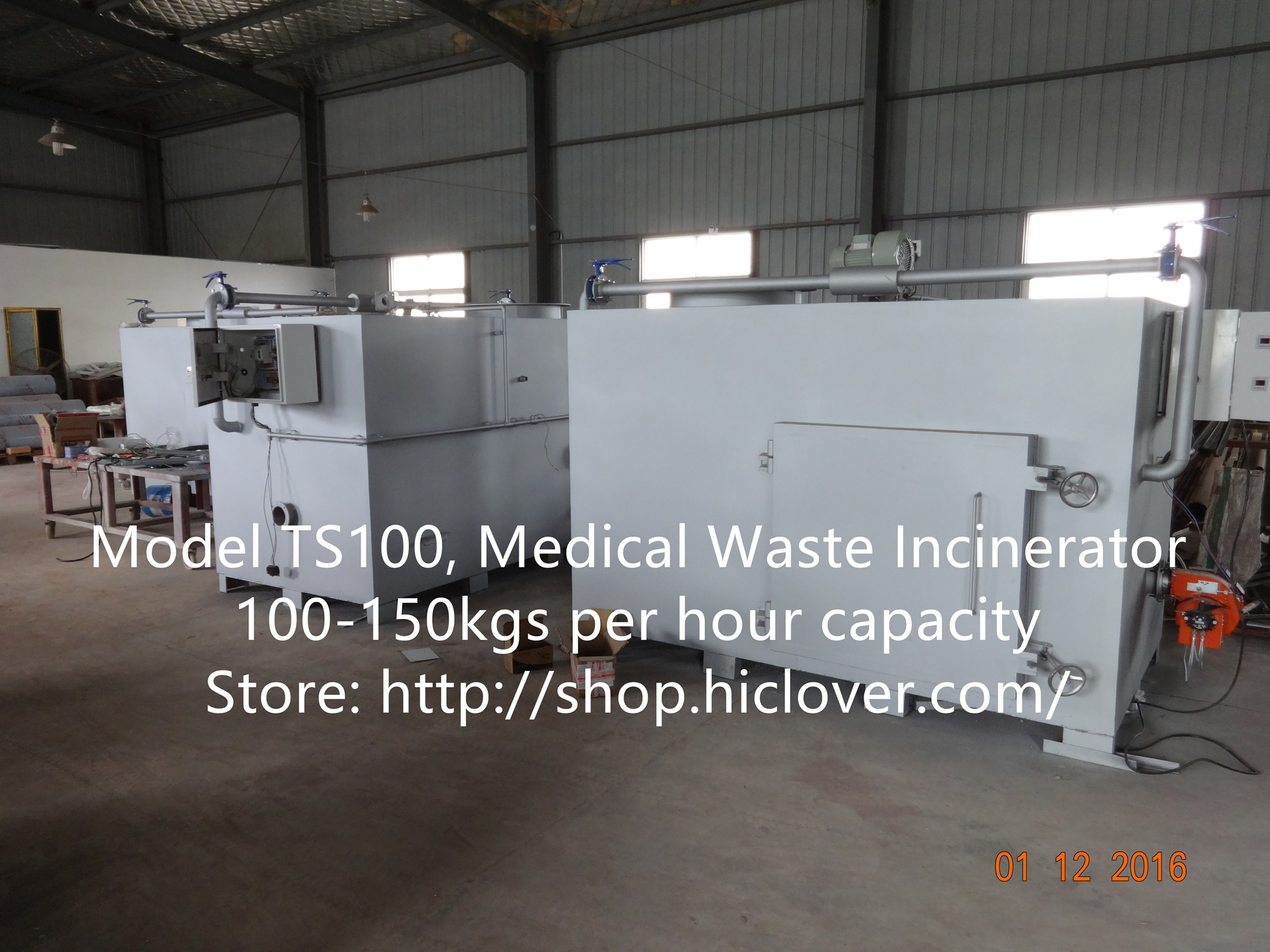The Role of Technology in the Success of an Incinerator Business Plan
In recent years, the incinerator industry has experienced a significant rise in demand due to the growing need for waste management solutions. As a result, businesses in this sector are looking for ways to improve their operations and increase their competitive advantage. One key factor that plays a crucial role in the success of an incinerator business plan is technology.
The integration of advanced technology in the design, construction, and operation of incinerators has led to significant improvements in efficiency, safety, and environmental impact. This has not only facilitated the smooth functioning of incinerator plants but has also enhanced their attractiveness to potential investors and partners.
One of the critical areas where technology has played a pivotal role in the success of incinerator businesses is in the development of more advanced and capable incinerator systems. Modern incinerators are equipped with state-of-the-art control systems, sensors, and monitoring equipment that enable real-time data collection and analysis. This allows operators to optimize the combustion process, improve energy efficiency, and reduce emissions.
Furthermore, the application of advanced combustion technologies, such as fluidized bed combustion and gasification, has enabled incinerator plants to handle a wider range of waste streams, including hazardous and medical waste. This has expanded the scope of services offered by incinerator businesses, making them more versatile and capable of meeting the diverse needs of their clients.
Technology has also played a significant role in enhancing the safety and environmental performance of incinerator plants. Advanced monitoring and control systems help operators to maintain safe operating conditions and minimize the risk of accidents. Additionally, the development of emissions control technologies, such as selective catalytic reduction (SCR) and electrostatic precipitators, has enabled incinerator plants to achieve higher levels of air pollutant removal, reducing their environmental impact.
The use of digital technologies and data analytics has also revolutionized the way incinerator businesses operate and make decisions. Integrated management systems and software solutions enable operators to optimize their processes, track performance, and identify areas for improvement. This has led to increased operational efficiency, reduced downtime, and enhanced overall productivity.
Technology has also played a critical role in ensuring compliance with stringent regulatory requirements. Incinerator businesses are required to adhere to strict emissions standards, waste disposal regulations, and health and safety guidelines. Advanced monitoring and reporting systems facilitate accurate and timely compliance and help incinerator operators avoid costly penalties and legal issues.
In conclusion, the role of technology in the success of an incinerator business plan cannot be overstated. The integration of advanced technologies in incinerator design, construction, and operation has led to improved efficiency, safety, and environmental performance. This has not only made incinerator businesses more competitive but has also helped them meet the increasing demand for sustainable waste management solutions. As the incinerator industry continues to evolve, the adoption of cutting-edge technologies will be crucial in ensuring the long-term success and sustainability of incinerator businesses.



